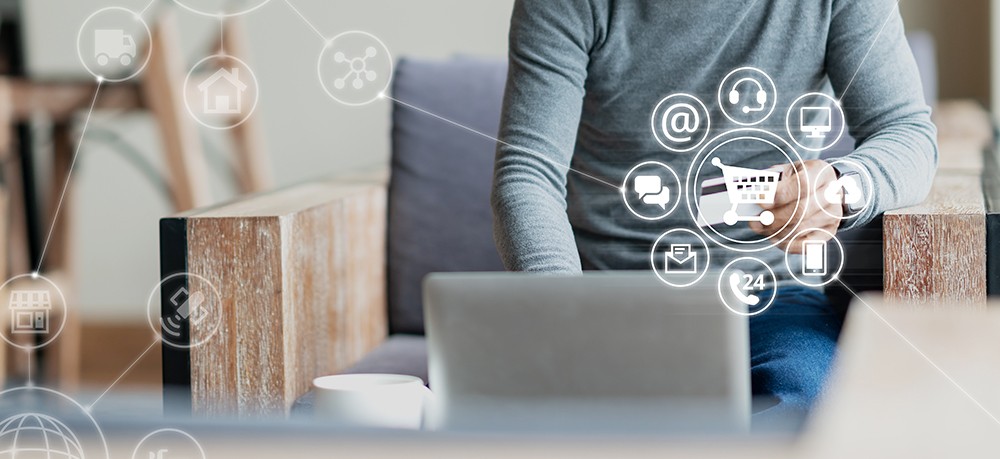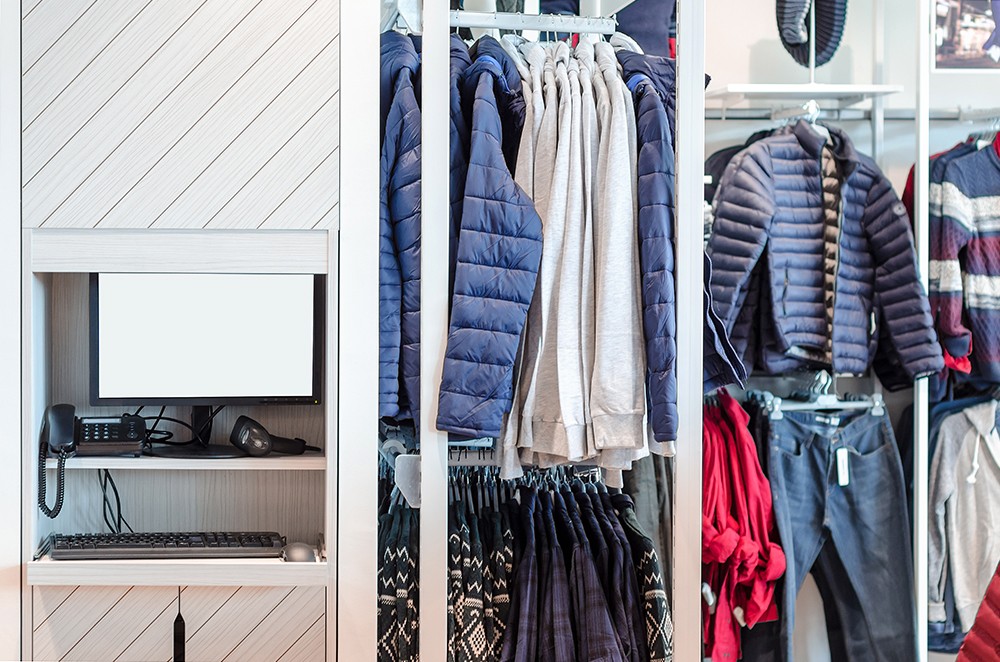We might only be a couple of months into 2020, but already a couple of trends are emerging in the arena of retail asset protection and loss prevention. Some carry over from previous years but a couple are only just beginning to really make their presence felt.
So, let’s look at a couple of trends that are impacting asset protection and shaping the retail sector in 2020…
Asset protection is all about the customer experience
Often loss prevention and asset protection are viewed separately from the customer experience. The reality is effective loss prevention and asset protection is all about improving the experience that the customer has instore, and the lines between what were once separate concepts are increasingly blurred.
Asset protection helps eliminate out of stocks, keeps the cost of products down, improves the safety of the retail environment, and also improves customer service.
Many of the tools utilised in both loss prevention and asset protection also cross over into efficient and effective store management.
This includes things like:
- Traffic counting – which can be incorporated into Electronic Article Surveillance
- RFID – which allows retailers to more accurately stock take and track the chain of supply
- Electronic Article Surveillance – which minimizes out of stocks and helps make the retail environment more secure
- Smart locks – which indicate which staff member has accessed what cabinets how often thereby illustrating customer interest in products
The customer experience is critical

The customer experience has always been important but never has it been more critical than now.
Recent years have seen closures of big-name brands, while online retail continues to emerge as an expected component of the retail experience. In addition, social media means customers are more than willing to voice their content or discontent to a wider audience.
The takeaway is retailers need to ensure their online and real-world offerings provide an equally positive experience for customers.
Meanwhile, in-store, out of stocks are no longer tolerated, queues should be eliminated where possible, and services that bridge the online and real-world experience such as Buy Online Pickup In-Store should be standard.
The self-checkout becomes mainstream
Over the past few years, there have been numerous headlines about self-checkouts, self-scanning and even cashierless retail. 2020 sees these trends continue and the options become more mainstream.
This presents new challenges in the arena of loss prevention when it comes to ensuring customers do the right thing at the checkout.
In the interim, a seamless checkout experience has become a customer expectation, and if that experience is lacking it can seriously damage a brand.
The role of the sales associate is changing

In the wake of the increased customer expectation and innovations like the self-checkout, the role of sales associates is changing. Now sales associates are sought after for their knowledge and expertise as trusted advisors who enhance the customer experience.
That mans retailers need to arm with technology they need to truly embrace this role.
This includes available technology like mobile tablets on the sales floor so they can check stock levels, and mPOS so they can quickly process sales.
IoT adoption continues to rise
The Internet of Things has almost become a mainstay of modern life, and that’s set to continue in 2020. In terms of asset protection and retail, IoT impacts everything from CCTV to RIFD.
As Loss Prevention Media explains: “IoT devices fitted with RFID technology can be used to create smart shelves, which can improve inventory management by automatically tracking inventory and sending alerts to managers if a certain item is running low on stock or will expire soon”.
Meanwhile, they also note 88 percent of early adopters of IoT in retail reported that IoT helped them gain increased insight into customer preferences.
As we mentioned, some of these trends are new while some have been gathering pace for years, but the reality is they impact the whole retail arena affecting not just the customer experience but loss prevention and asset protection as well.
